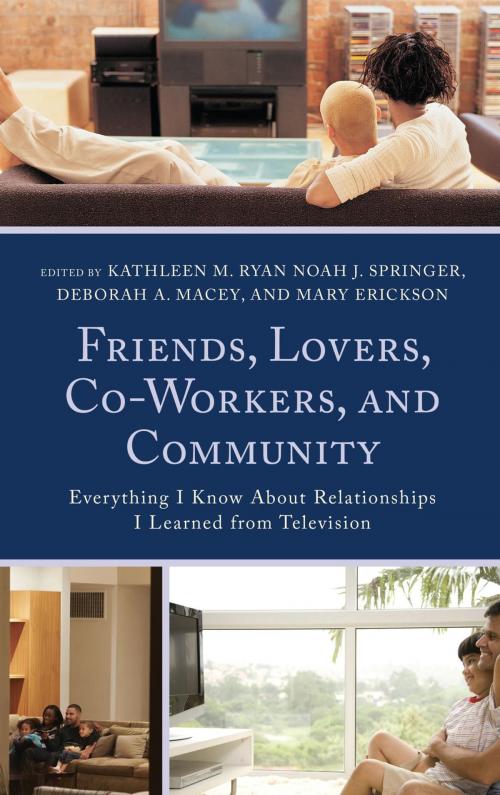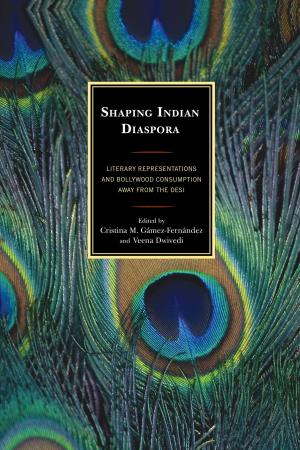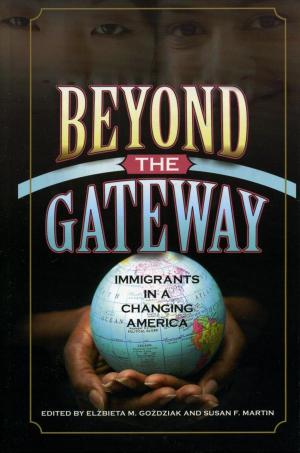Friends, Lovers, Co-Workers, and Community
Everything I Know about Relationships I Learned from Television
Nonfiction, Reference & Language, Language Arts, Communication, Social & Cultural Studies, Social Science, Sociology| Author: | Lauren Bratslavsky, Elizabeth L. Cohen, Mary Erickson, Teri Del Rosso, Erika Engstrom, Fran Hassencahl, Alexander L. Lancaster, Kathryn L. Lookadoo, Jane Marcellus, Sabrina K. Pasztor, Kathleen M. Ryan, Siobhan E. Smith, John Shrader, Noah J. Springer, David Staton, Jan Whitt, Norman C. H. Wong, William David Hart | ISBN: | 9781498512961 |
| Publisher: | Lexington Books | Publication: | May 26, 2016 |
| Imprint: | Lexington Books | Language: | English |
| Author: | Lauren Bratslavsky, Elizabeth L. Cohen, Mary Erickson, Teri Del Rosso, Erika Engstrom, Fran Hassencahl, Alexander L. Lancaster, Kathryn L. Lookadoo, Jane Marcellus, Sabrina K. Pasztor, Kathleen M. Ryan, Siobhan E. Smith, John Shrader, Noah J. Springer, David Staton, Jan Whitt, Norman C. H. Wong, William David Hart |
| ISBN: | 9781498512961 |
| Publisher: | Lexington Books |
| Publication: | May 26, 2016 |
| Imprint: | Lexington Books |
| Language: | English |
Friends, Lovers, Co-Workers, and Community analyzes how television narratives form the first decade of the twenty-first century are powerful socializing agents which both define and limit the types of acceptable interpersonal relationships between co-workers, friends, romantic partners, family members, communities, and nations. This book is written by a diverse group of scholars who used a variety of methodological and theoretical approaches to interrogate the ways through which television molds our vision of ourselves as individuals, ourselves as in relationships with others, and ourselves as a part of the world. This book will appeal to scholars of communication studies, cultural studies, media studies, and popular culture studies.
Friends, Lovers, Co-Workers, and Community analyzes how television narratives form the first decade of the twenty-first century are powerful socializing agents which both define and limit the types of acceptable interpersonal relationships between co-workers, friends, romantic partners, family members, communities, and nations. This book is written by a diverse group of scholars who used a variety of methodological and theoretical approaches to interrogate the ways through which television molds our vision of ourselves as individuals, ourselves as in relationships with others, and ourselves as a part of the world. This book will appeal to scholars of communication studies, cultural studies, media studies, and popular culture studies.















